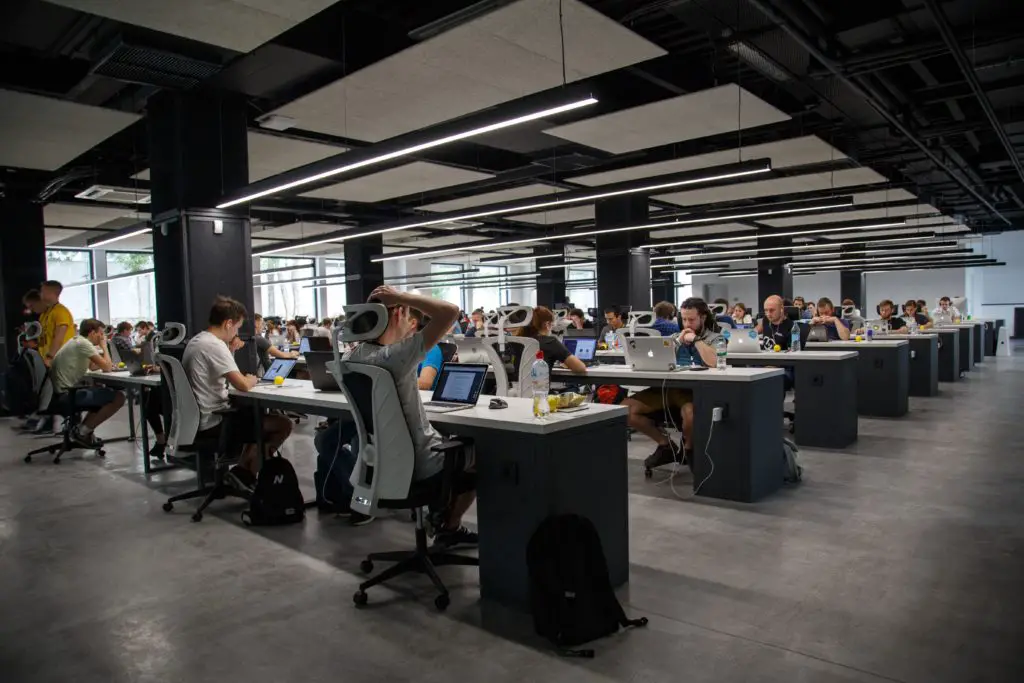There are a thousand and one reasons why we move to different places. Young adults mostly do so either for work or study. This is quite a brilliant and resourceful option for a lot of international students who do not have the benefit of a scholarship. let us know, “Are International Students Allowed To Work In Italy?”

As an international student in Italy, you have absolutely nothing to worry about. With your study visa, you get to work part-time and within a specified time frame. Finance is a prerequisite before embarking on any study program. International Students in Italy are expected to provide financial proof of about €450 and €550 during the application processes. This is a range of what it costs monthly to have a conducive and hassle-free study. so yes, International Students Allowed To Work In Italy.
As an international student in Italy, the good news is that one gets to study and do a part-time job as well. However, Italian law only permits international students to work for not more than 1040 hours annually. As International Students Allowed To Work In Italy This means that students with study visas are only expected to work for 20 hours weekly. Failure to comply with this means a fallout with the law. It could end your legal stay in Italy.
Reason why International Students In Italy Only Work For The Stipulated Amount Of Time
- The Italian government is academic-friendly -Likewise, it supports foreign students who wish to earn as they study to support themselves. The reason why there is a stipulated number of hours of work permitted for an international student is for the student to be more focused on their academics.
- Priority of education -There are several world-acclaimed destinations known for educational excellence. Italy, in its rights, is one location though it may be underrated. Did you know that Italy has as many as 30,000 international students? The flamboyant member state of Schengen has an age-old history of educational progress and excellence. For well over 900 years, Italy has recorded a high level of love for academics. The country has about 100 schools of impeccable repute. Hence the value placed on education as a priority for international students.
- Visa privileges- The purpose of your visa application determines the peculiar privileges provided. Entrepreneurs from other countries who want to migrate to Italy as self-employed or business owners are issued a specific kind of Visa. The interested persons apply for the Italy Self-Employed Visa, which adequately covers their business intent.Once you have a long-stay visa, you are qualified to obtain an Italian residence permit. Till your studies are over, this could be a viable option.
- Vacation times!-Meanwhile, during summer and vacation, foreign students can double up the time frame to 40 hours weekly or even more.No foreigner wants to get it wrong with immigration laws. That’s why it is important to be aware of the following salient information about working in Italy as an international student.
Kind Of Jobs Can International Students Find/Do In Italy
There is a range of earning opportunities for foreign students. The following are ways international students can legally earn and support themselves:
- Working in school- Your part-time job may be done in the school of study. Some universities provide a work and study arrangement. There could be graduate assistantships or job openings in the institution that one can take up to support their financial status and tuition payments. Internship programs, as mentioned above, are another way to work and study as a non-EU student.
- Assistantships- There are Research and Graduate assistantship offers open to Master’s and Ph.D. students in Italy. This is a good one for foreign students opting for a Graduate Programme in the country.
- Restaurants and tourist attractions- Courtesy of the delectable cuisine in Italy, there are tons of restaurants and tourist attractions where international students can render their services. Learning and familiarise oneself with the language and culture of the people would be an added advantage
- Freelancing- With platforms like Fiverr and Upwork, immigrant students have a whole lot of freelance services they can provide. There are limitless online earning opportunities that students can take advantage of.
- Home tutors- International students can also take up the job of Home Tutors or Substitute Teachers. Either native or proficient English speakers are best postured for this role.
- Art and Design- Italy is known for its rich culture, glamorous fashion, and state-of-the-art architecture. For foreign students with interests in these fields, working in this industry would be worth it. One can apply for a part-time job in these sectors and expand knowledge and skills. More so if it aligns or relates to the course of study.
Conclusion
As long as it is within the legal confines of Italian law, decent jobs in the area of your residency will not be a bad idea. And there you have it! All the things you need to know about working in Italy as an international student. With a well-tailored plan, you are sure to have a blissful study and work experience.
FAQs
Can You Be An International Student And An Entrepreneur In Italy?
No, your part-time job as an international student in Italy should not be entrepreneurial. You have to be an employee of an Italian-based enterprise. This policy is still as academic inspired as it is patriotic. The Italian government would rather not have you be distracted and overburdened with the complexities of running a business at the expense of your studies for which your immigrant Visa was granted.
Are Internships Counted As Work For International Students?
In Italy, internships are not counted as working hours. So, international students can undergo an internship program without fear of falling out with the law. There are university-assisted paid internship offers that international students can benefit from in Italy. Not only will it help them financially but also help in areas of skill acquisition and personal and career development.

